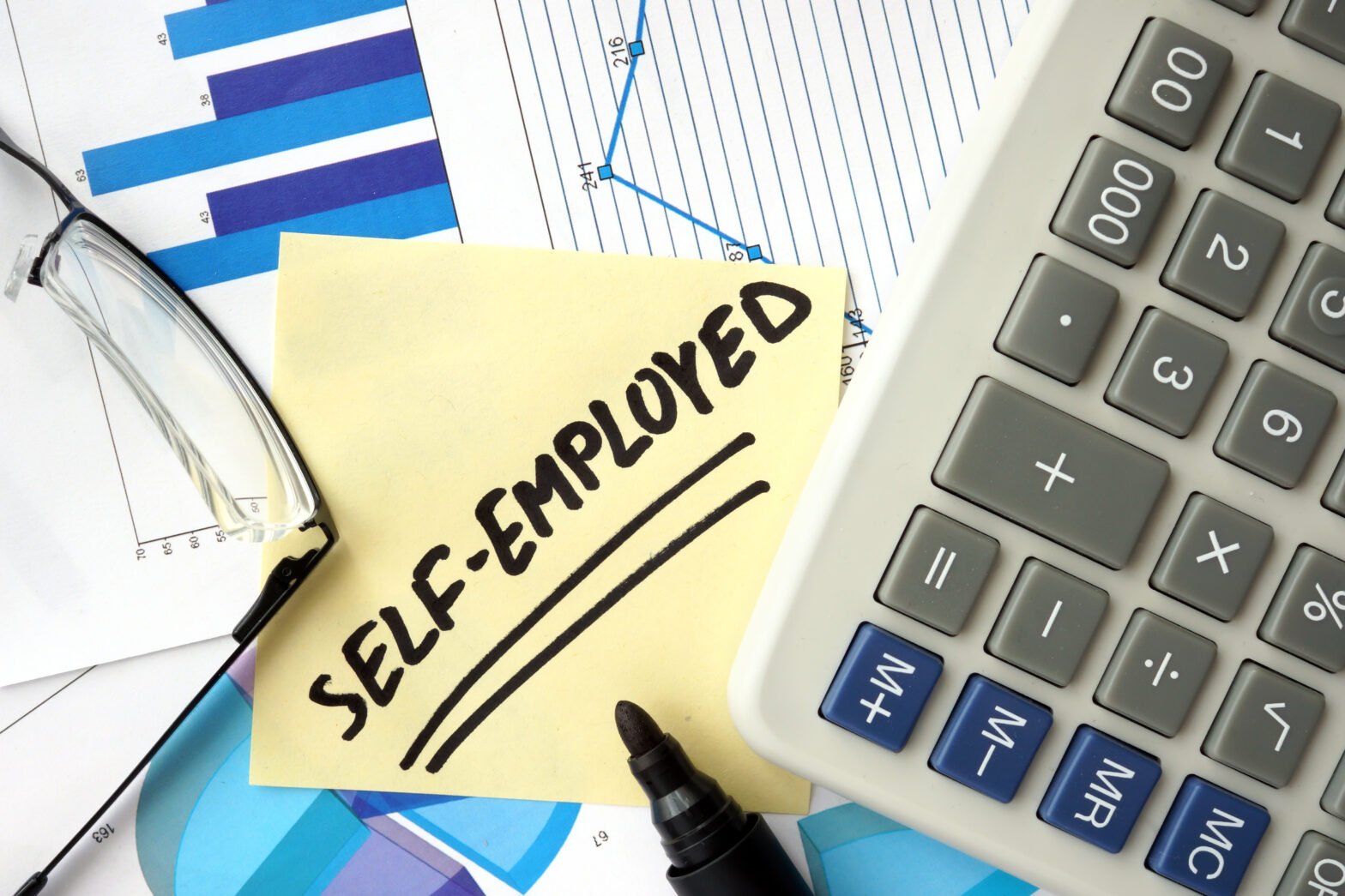Ninety-three per cent of the UK’s self-employed workforce have no critical illness cover, leaving people open to financial ruin if forced to take long-term sick leave, according to new research from Scottish Widows.
This is despite business owners spending an average of £9,700 and six-and-a-half months of their lives setting up their ventures. And with one in seven UK workers now self-employed, this means that around 4.4 million of them have no protection in place if they were unable to work due to serious illness.
Taking extended sick leave would cost the self-employed an average of £67,550 each per year, amounting to a national financial risk of more than £300 billion annually.
Putting hard work and investment at risk
However, four in ten (42 per cent) uninsured, self-employed workers insist they don’t need critical illness insurance or don’t see it as a financial priority. This is despite three-quarters (76 per cent) of business owners or partners having no employees and no-one to cover for them should they fall ill and be unable to work themselves.
Those who have their own business are putting their operations at risk in other ways too, with half (50 per cent) admitting that they don’t insure the equipment which is crucial to running their venture, such as laptops and tools, and 70 per cent of the self-employed in general saying that they don’t have life insurance in place to protect their dependents if the worst should happen.
Lack of contingency plan leaving families financially vulnerable
Self-employed workers who forego insurance are also failing to ‘self-insure’ adequately through other means. Almost half (47 per cent) of them have no other personal contingency plan in place, such as backup savings, should they fall ill, despite working-age benefits like Statutory Sick Pay not being available to the self-employed.
More than an fifth (22 per cent) of the self-employed has a mortgage to pay. But changes made last year to Support for Mortgage Interest – the only safety net in place for many families if they are unable to pay their home loan – mean that people now have to wait 39 weeks before receiving this benefit instead of the previous 13. This could be too late for many if they have no other protection in place.
Limited savings exacerbating financial vulnerability
The average self-employed worker only has enough personal savings to last an average of 9.2 months if they were unable to work. This is particularly worrying when you consider that a third (33 per cent) has dependent children and nearly half (48 per cent) say their household relies on their income alone.
And with their average monthly spend on running the household (including mortgage, bills and food) totalling £1,057, those savings could be put under intense strain very quickly with no other safety net in place.
Almost two-thirds (62 per cent) of self-employed workers say they have no other source of income outside of their business, and a third (34 per cent) admit that if they were unable to work due to illness, they would have no other resources or income to rely on.
Jackie Leiper, Protection Director at Scottish Widows, says, ‘Self-employed workers put immeasurable amounts of time and money into getting their businesses off the ground, but our research reveals that they’re failing to protect their greatest asset – themselves. This is particularly concerning when you consider that this workforce has a more limited range of working-age welfare benefits.
‘Self-employment and self-reliance go hand in hand, so it’s absolutely vital that these workers have a back-up plan in place should the unexpected happen, especially with so many of their families being solely reliant on their income.
‘No one wants to think about the unexpected happening, but having a financial back-up plan will provide peace of mind and allow people to enjoy the many benefits that self-employment brings.’





